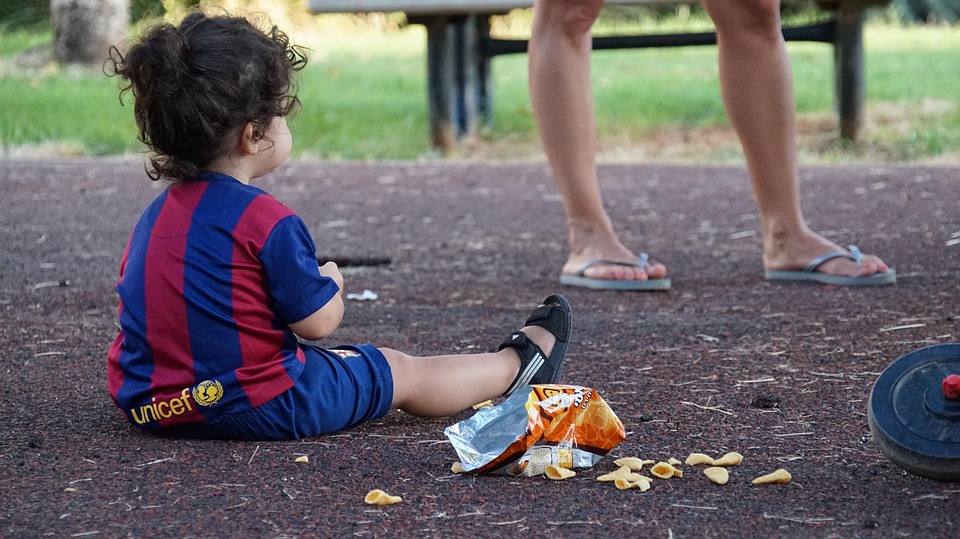Helping Children with Learning Difficulties
Are you worried about your child’s performance at school? Or are in constant worry about how they cope with the school work? While it is natural to worry about how well they do in school, it is also not impossible to overcome learning disabilities and disorders with the right kind of help and attention paid to the children. Here are some of the ways you can help your child to tackle learning disabilities.

Communicate with Your Child
In order to understand what kind of problems and difficulties your child faces at school, it is very important that you communicate with them. This is one of the key steps in understanding the issues in the child’s point of view, and will also help you to find out the ways she or he would learn best. With or without learning disabilities, everyone has their unique style of learning. For example, some learn the best by reading and some are auditory learners who learn the best by listening. Better understanding about your child’s performance in their studies will help you to understand how they learn the best and will also be able to show your child what type of learner they are.
Communicate with The School
Another tip is to communicate with the child’s school and their teachers. Schedule a meeting with their teachers and you can discuss about the kind of learning difficulties your child has and how it is affecting their time in school. Always be a good listener and allow the teachers and the school officials to express their opinions too. Children with learning difficulties are often offered individualised learning plans by the school and meeting the school officials will direct you and the teachers both to come with solutions for the problems your child faces.
Look Beyond the Classroom
Remember it is not always about scoring the best marks in the school or having all A’s in their report cards. Success does not always rely on the excellent academic performance. Therefore, be ready to create a healthy environment for your child where they perform good beyond their assessment grades. Be willing to listen to them always and identify their strengths and weaknesses. Help them to develop their strengths and improve their self-confidence. Share your own stories about the challenges you faced and the rewards pf not giving up. Make sure you they know that you are always available to help and listen to them.

Try Recognizing the Learning Disorders
There are different types of learning disorders which you can identify by paying close attention to the signs your child displays. These signs differ from one child to another so you need to pay close attention to your child’s behaviour in order to identify any challenge they are going through. For example, if your child is going through reading difficulties such as understanding words or recognising letter it might be dyslexia or if they are having a hard time with mathematical operations those might be signs of dyscalculia. You can also try a diagnostic assessment for learning disorders at Learning Curve Psych to identify learning disorders you child may have.
Following these tips will help you to understand better ways to help your child learn and also to create a friendly and a healthy environment for them to learn both at school and home.
